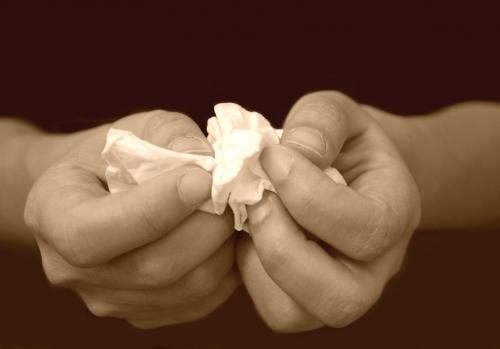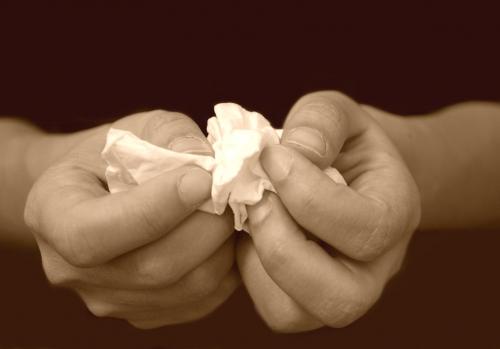Does Counseling Really Help?
"I didn't think counseling would help. I was wrong," Charles shared.
Charles' son Jonathan was an independent kid with a strong personality. Somehow, he got through high school unscathed and had a wonderful college career. He worked hard and did well financially. He married, and was blessed with two beautiful kids.
One winter, Jonathan suddenly came down with the flu. He went downhill quickly. He died after several days in the hospital. He was 34.
"Watching our boy's life slip away was awful. I felt so helpless," Charles said. "It took a while, but I realized I couldn’t do this alone. So I made the call."

Counseling can be a game-changer
The loss of a loved one can be devastating, confusing, and debilitating. We need help to stay sane, remain functional, and somehow deal with this nightmare that has descended upon us. Thankfully, there are well-trained people out there who have a heart for this. But often, personal pride and stereotypes can get in the way and keep us from the counselor's door.
Think of a counselor as a coach. We've been thrust into a new game we've never played before. We know nothing about this game - not even the rules that govern it. It would make sense to connect with someone who knows the game well and can mentor us.
Counselors don't have all the answers. No human does. And in the case of the loss of a child, there are no emotionally satisfying answers to our deepest questions. Yet, for ourselves we must make sense of this somehow. A counselor-coach can help.
Counseling is not a magic pill. The counselor-coach's job is not to make things better or solve issues. They are not that powerful. The counselor's task is to be a safe person, guiding us as we learn how to process this tragedy and the resulting pain. They coach us in how to grieve in responsible and healthy ways. They listen, ask questions, and help us discover which small step to take next.
There are several types of counselor-coaches out there:
- Grief counselors are found in local hospices, grief centers, or perhaps local churches. They deal with grief day-in and day-out, and have specialized experience, training, and education to do so. Grief counselors' services are often free, provided by the organization they are affiliated with.
- Grief therapists are licensed professional counselors who specialize in grief recovery. They are licensed in the state they reside in as a mental health professional. Grief therapists charge for their services and expertise, and many are on medical insurance networks.
- Licensed professional counselors who are not specifically grief therapists can also be extremely helpful. Their education, training, and licensing are similar to that of grief therapists.
- Pastoral counselors are highly trained professionals who deal with grief and loss from a religious and spiritual foundation. Some offer their services for free, courtesy of the local church they are on staff with. Other pastoral counselors have private offices and may charge for their services.
Our lives are altered forever. Perhaps we’ve been shaken and affected in every area - emotionally, mentally, physically, and spiritually. Our relationships are changing. We are changing. Interacting with a counselor-coach can be an affirming, encouraging, and eye-opening experience.
"I'll seek the support I need. I’ll take my heart seriously."
Adapted from the new bestseller, Shattered: Surviving the Loss of a Child. Watch the Shattered videos here: Gary, Michelle.
Article Images




Comments